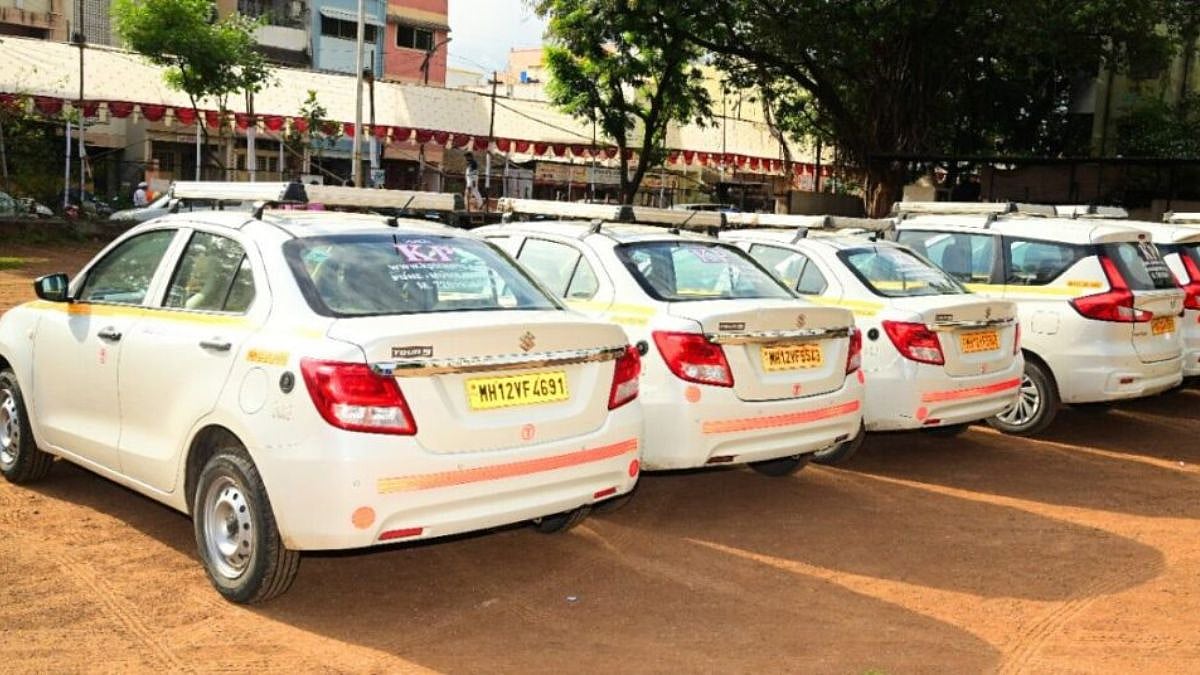Ola, Uber, Rapido Will Compensate Customers If Driver Cancels Ride In Maharashtra Under State Aggregator Cabs Policy 2025 | Representaional image
Mumbai: The Maharashtra government has launched the Aggregator Cabs Policy 2025 on May 1, targeting major services like Ola, Uber, and Rapido. This policy, shaped by Supreme Court directives and a committee led by retired IAS officer Sudhir Kumar Srivastava, aims to enhance passenger safety, driver accountability, and fare transparency.
Following a surge in complaints about cancellations, pricing, and safety, especially for women, the policy requires aggregators to obtain licenses and implement safety measures including GPS tracking, emergency contacts, and thorough driver background checks. It ensures drivers earn 80% of fares, introduces penalties for ride cancellations credited to passengers, and fosters greater accountability among drivers.
What Is The New Aggregator Cabs Policy 2025
The policy also includes improved safety initiatives like women-only ride-sharing and a cap on surge pricing at 1.5x. Additionally, aggregators must open local offices, train drivers, and follow cybersecurity measures to protect user data, ultimately striving for a safer, more reliable app-based commuting experience in Maharashtra.
The necessity of the new Aggregator Cabs Policy 2025 arises from increased passenger complaints regarding cancellations, surge pricing, and safety issues, especially for women, as the app-cab industry previously operated in a regulatory grey area. Key changes include mandatory real-time GPS tracking, emergency buttons for drivers, and police verification.
Poorly maintained vehicles will be removed from service, and drivers must achieve a minimum fare satisfaction rating of 80%, with access to training and welfare benefits. Aggregators are required to establish offices in Maharashtra, equip taxis with GPS, and comply with IT Act standards for data protection. Upcoming guidelines from the Transport Department will mandate compliance from aggregators, enhancing cybersecurity and ensuring a safe, equitable transport experience for passengers and drivers alike.
